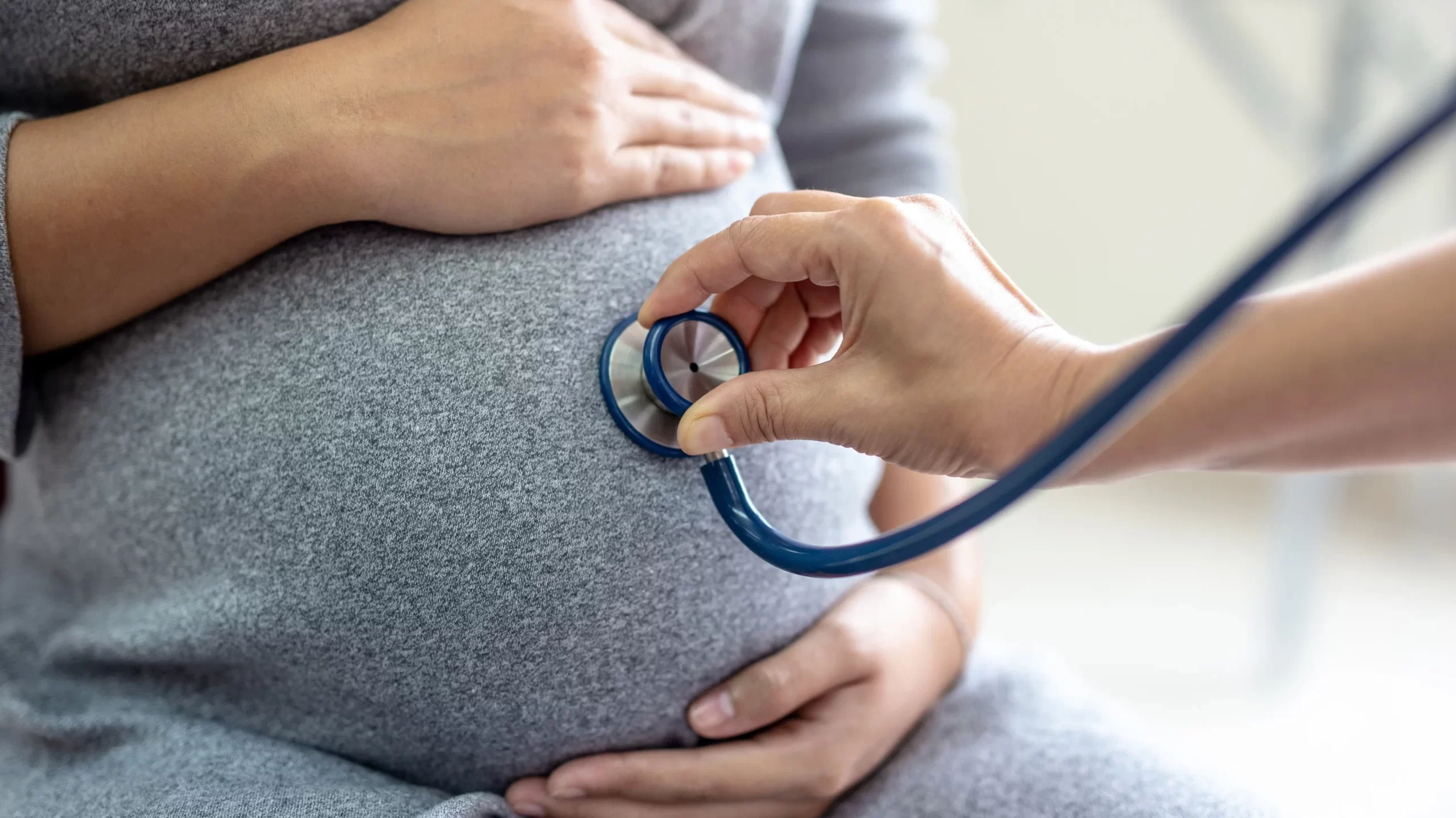
HB138, the Women’s Childbirth Alternatives, Resources, and Education (CARE) Act, is currently awaiting action by the Alabama House Judiciary Committee. The bill, sponsored by state Rep. Rolanda Hollis, D-District 58, would allow incarcerated pregnant women to defer their prison sentences.
Specifically, the bill would provide that upon admission to jail, a pregnant woman may inform authorities that she is pregnant, with the pregnancy being confirmed by a urine test within three days of her initial intake medical screening. If her test returns positive, the woman will then be released on bail “provided that the court determines that the woman does not pose a significant threat to herself or others.”
Following her release on bail, the woman would then serve a term of pre-incarceration probation under electronic supervision until 12 weeks after she gives birth. That probation period would then be credited to the woman’s sentence. The woman would be required to self surrender following the end of the probation period, with failure to do so resulting in a Class A misdemeanor.
In the scenario where a woman’s pregnancy fails during this probation period, she would be required to report the loss of her pregnancy to her probation officer. The court would then determine the appropriate timeframe for when she should self surrender following the pregnancy loss.
On Wednesday, APR spoke with Kaila Pouncy, the program and policy manager for RestoreHER, a Georgia-based nonprofit policy advocacy organization “dedicated to the safety and dignity of system-impacted women.” RestoreHER is currently working to pass HB138 through the Alabama state legislature.
“With the recent closure of multiple healthcare facilities across Alabama, including the shutdown of several rural hospitals and women’s health centers, access to adequate healthcare has become increasingly challenging,” Pouncy told APR in an emailed statement. “RestoreHER US.America is building a statewide coalition of community leaders, healthcare professionals, and other stakeholders that are actively working to pass HB 138, which would implement comprehensive reforms to significantly improve child welfare, healthcare access, and holistic wellness services for justice-impacted women throughout the state.”
“The urgency of this legislation is underscored by the current state of Alabama’s correctional system,” Pouncy continued. “The Department of Justice’s ongoing investigation has highlighted severe deficiencies in medical care and mental health services within [Alabama’s] facilities. The recent federal court orders regarding the inadequate healthcare provisions in Alabama prisons further emphasize the critical need for reform.”
Pouncy pointed to a number of statistics that make HB138’s provisions particularly relevant to Alabamian women.
For instance, Alabama has one of the highest female incarceration rates in the Southeast and the third highest infant mortality rate in the country. In 2022, 6.7 infants died for every 1,000 live births in Alabama, a decrease from 7.6 per 1,000 in 2021, but still significantly higher than the national infant mortality rate of 5.6 deaths per 1,000 births.
“Recent closures of rural healthcare facilities have disproportionately affected communities where many justice-impacted women reside. 25 counties in Alabama are maternity deserts, lacking obstetrics services or obstetricians available for residents,” Pouncy also noted, citing a 2022 report from the March of Dimes Perinatal Data Center. “Another 21 counties are classified as places with low access to maternity care.”
APR has also previously covered a report from the advocacy group Pregnancy Justice which revealed that Alabama arrested 649 pregnant women between 2006 and 2022. That number is higher than any other state during that period and almost as many arrests of pregnant women as documented in all other states combined.
Additionally, it is estimated that 40 percent of incarcerated women in Alabama report unmet medical needs.
Pouncy urged the Alabama state legislature to pass HB138, a “crucial piece of legislation” that has the potential to impact “thousands of Alabama women and their families.”







